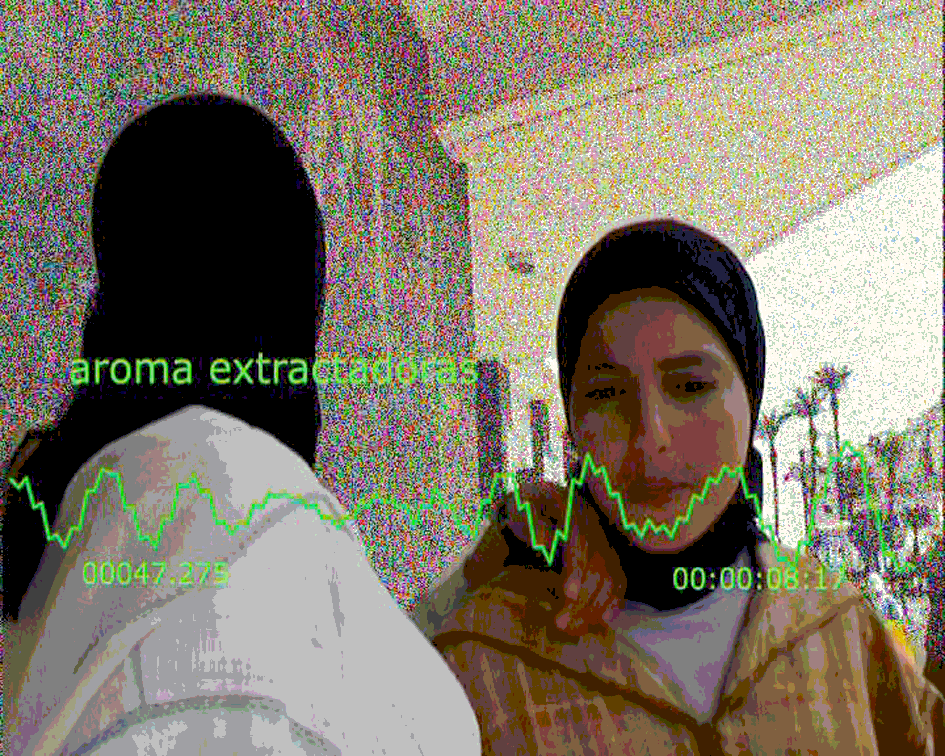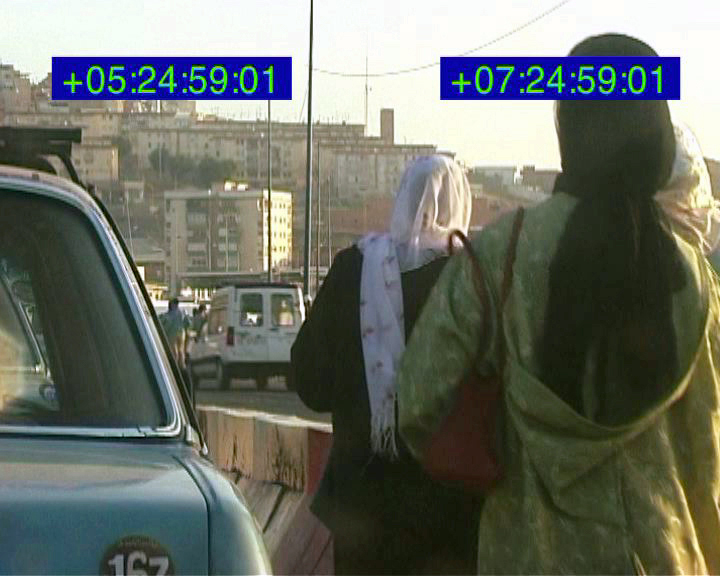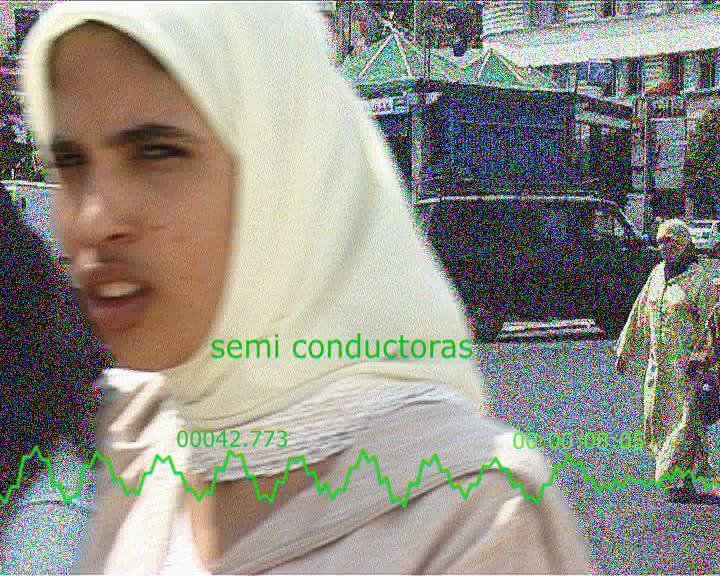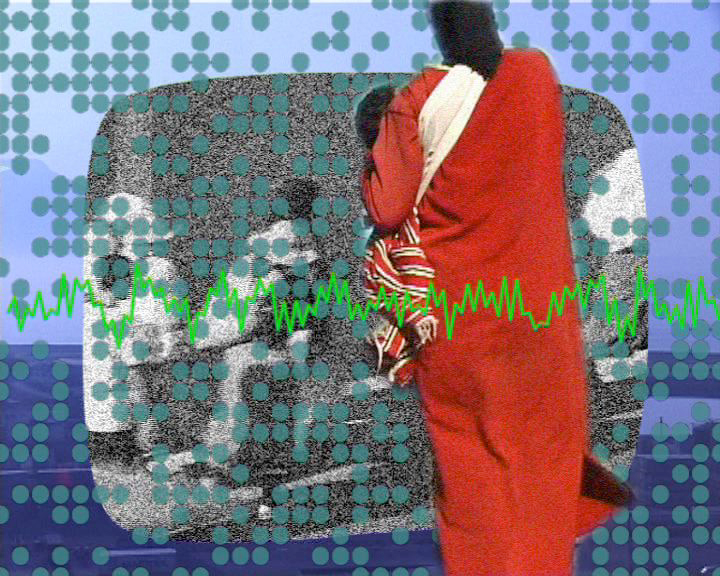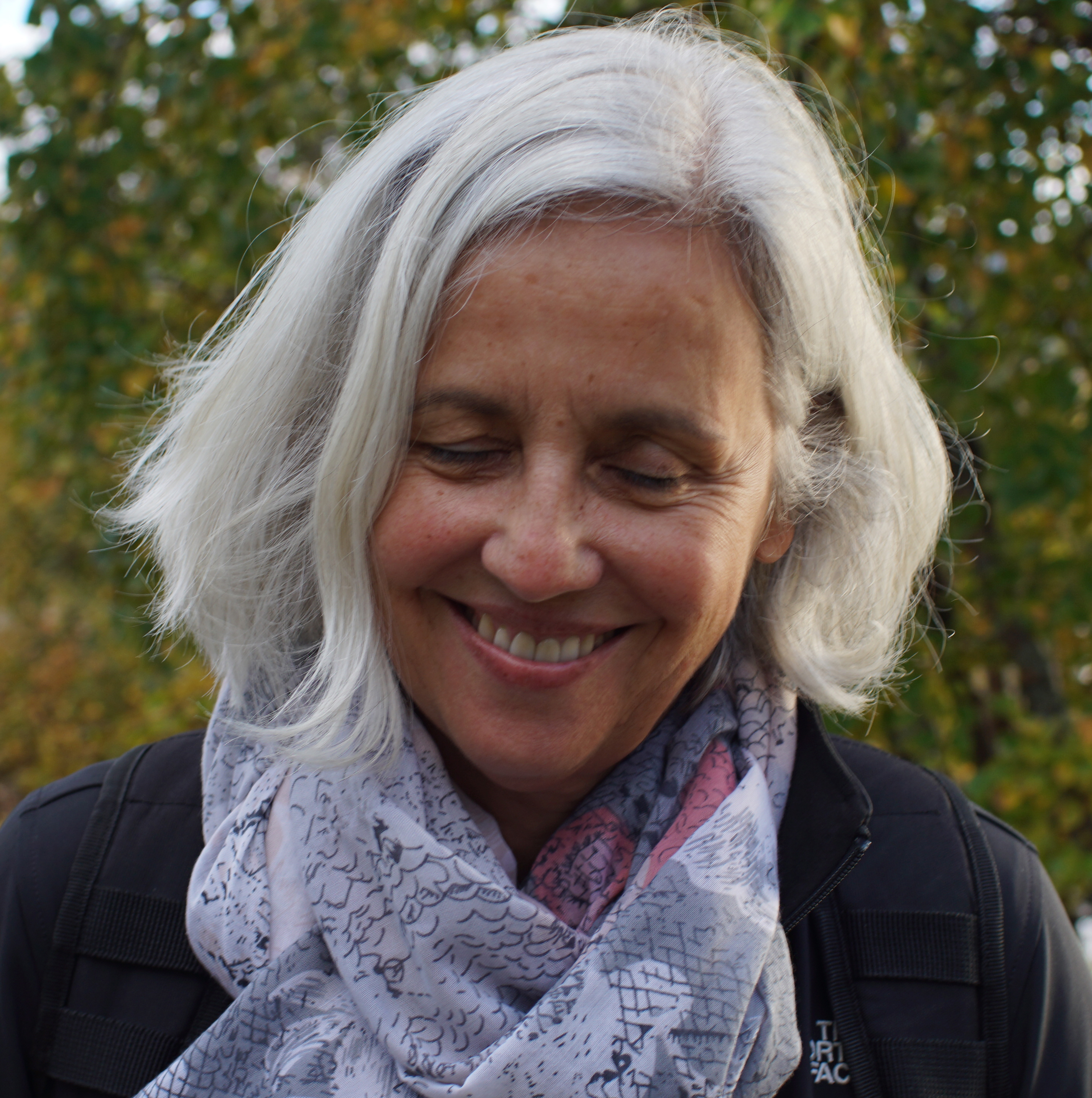SYNOPSIS
PRESS
“A brilliant insightful perspective on the exploitation of women’s labor across the border.”
“Recommended.”
“…shows how standard notions of border and country, however nuanced, cannot possibly accommodate the multivalent relations among physical bodies, national identities, and the lines, laws and rituals that demarcate them.”
SCREENING HIGHLIGHTS AND AWARDS
- Reina Sofia Museum, Madrid
- Finger Lakes Envonmental Film Festival, Ithaca College
- Biennale de l'Image en Mouvement, Geneva
- Nürnberg Human Rights Film Festival
- Femme Totale Film Festival
- Mostra Films Internacional Dones, Barcelona
- White Chapel Gallery, London
- Hallwalls Contemporary Arts Center, Buffalo, NY
ABOUT FILMMAKER(S)
Ursula Biemann is an artist, writer, and video essayist based in Zurich, Switzerland. Her artistic practice is strongly research oriented and involves fieldwork in remote locations where she investigates climate change and the ecologies of oil and water, as in her recent projects Acoustic Ocean (2018), Forest Law (2014), and Deep Weather (2013). Her earlier work focused on global relations under the impact of the accelerated mobility of people, resources and information, e.g. in the widely exhibited art and research project Sahara Chronicle on clandestine migration networks or her early video works examining the role of gender in the global reorganization of labor in Performing the Border. She is cofounder of World of Matter, an online collective art and media platform on resource geographies. Her video installations are exhibited worldwide in museums and at International Art Biennials in Liverpool, Sharjah, Shanghai, Sevilla, Istanbul, Montreal, Venice and Sao Paulo. She had comprehensive solo exhibitions at Neuer Berliner Kunstverein and Helmhaus Zurich among others. Biemann received the 2009 Prix Meret Oppenheim, the Swiss Grand Award for Art and a honorary degree in humanities from the Swedish University in Umeå. (7/19)
Angela Sanders, visual anthropologist and videomaker, studied at the Universities of Zurich and Edinburgh. At present, the main focus of her research is on the living and working conditions of Moroccan women who work as ”domesticas” (housemaids) in Andalusia and Northern Morocco (Ceuta, Melilla). In addition to Europlex, Sanders has made films such as Irina, a portrait of a Ukrainian migrant woman in the south of Spain and Domestic Scapes, an insight into the daily life of Moroccan domestic workers in Sevilla and in the Spanish enclaves Ceuta & Melilla. She publishes on a regular basis and has written a number of articles on the subject of gender, identity, film, and media. Sanders is also on the editorial team at FRAZ, a Swiss feminist magazine, where she recently produced an issue on the Mediterranean. (09/09)
Subject Areas
RELATED LINKS
MATERIALS

